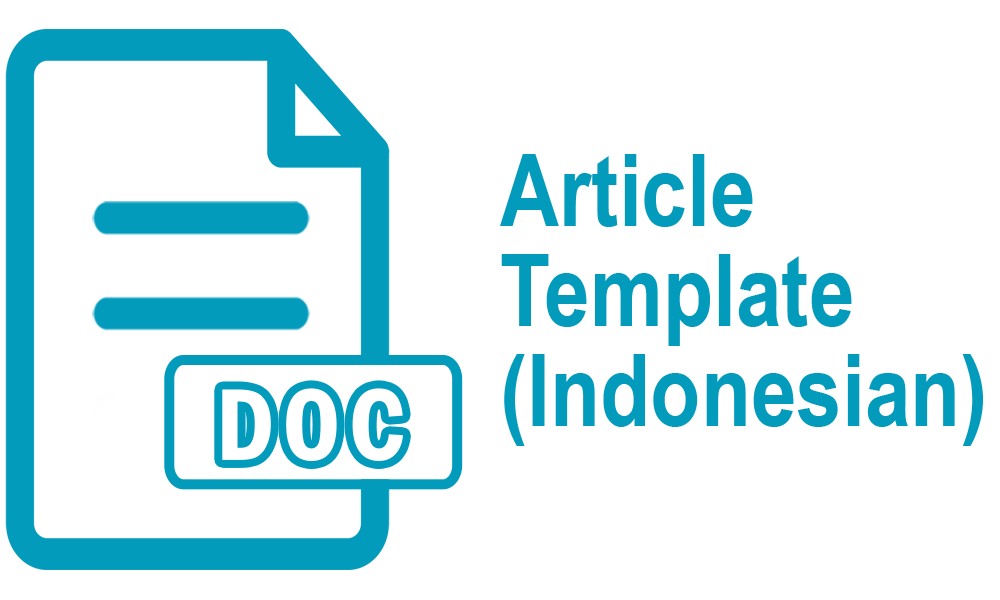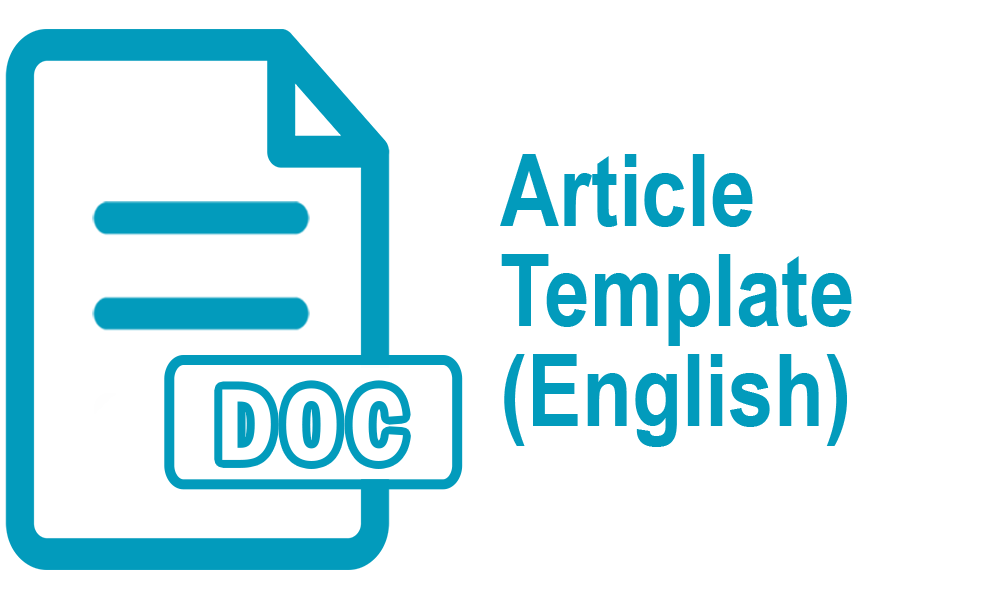THE ANALYSIS OF THE ILLOCUTIONARY ACTS IN THERESA MAY’S BRITAIN, THE GREAT MERITOCRACY SPEECH
Abstract
Political leaders used political speech that contained intentional purposes to suggest various political agenda. Theresa May, United Kingdom’s prime minister from 2016 to 2019, used political speech entitled Britain, the great meritocracy to deliver British exit (Brexit). Therefore, to discover the purposes of May’s speech, this study aimed to identify the types of illocutionary acts employed in the speech based on Searle’s theory of the classification of illocutionary acts and the contexts underlying the illocutionary acts produced based on Hymes’ SPEAKING model of contexts. To conduct this study, descriptive-qualitative method and content analysis approach were used. Then, the data collection was done by close reading, speech listening, and note taking techniques. After that, compiling, disassembling, reassembling, interpreting and concluding were taken as data analysis process. Finally, the results of the study showed that 4 (four) illocutionary act types namely assertives, directives, commissives, and expressives were employed in the speech. By these findings, assertive type was the most frequently used one as this type enabled the speaker to characterize her belief to be in true or false dimensions. Functionally, it transmitted the prominent purpose of the speech which was to show both preferences and disfavors of May upon Britain. Otherwise, declaration type was not found to fit in the specific context presented at that time that was to depict how Britain should be within May’s term. Additionally, contexts underlying the emergence of the illocutionary acts in the speech were setting and scene, participants, ends, act sequence, key, instrumentalities, norms, and genre.
Keywords
Full Text:
PDFReferences
Austin, J.L. (1962). How to do things with words. London, United Kingdom: Oxford University Press
Bach, K. (2006). Pragmatics and semantics. In Horn, H. R & Ward, G. (Eds.), The handbook of pragmatics (1st ed., pp. 463-487). Oxford, United Kingdom: Blackwell Publishing Ltd
De Vos, A.S & Delport. (2005). Scientific theory and professional research. Pretoria, South Africa: Van Schaik
Fairclough, N. (1989). Language and power. New York, United States of America: Longman
Hales, D. (2010). An introduction to triangulation. Ganeva, Switzerland: UNAIDS Organization
Heywood, A. (2013). Politics. London, United Kingdom: Red Globe Press
Horn, H. R & Ward, G. (Ed(s).). (2006). The handbook of pragmatics. Oxford, United Kingdom: Blackwell Publishing Ltd
Huang, Y. (2014). Pragmatics (2nd ed.). New York, United States: Oxford University Press
Searle, J. (1969). Speech acts: an essay in the philosophy of language. London, United Kingdom: Cambridge University Press
Searle, J. (1979). Expression and meaning. Cambridge, United States of America: Cambridge University Press
Searle, J & Vanderveken D. (1985). Foundations of illocutionary logic. Cambridge, United Kingdom: Cambridge University Press.
Wardaugh, R. (2006). An introductions to sociolinguistics. Victoria, Australia: Blackwell Publishing
William, C. (2007). Research Methods. Journal of Business and Economic Research, 5(3), 65-72
Yin, R.K. (2011). Qualitative research from start to finish. New York, United States of America: The Guilford Press
Yule, G. (1996). Pragmatics. Oxford, United Kingdom: Oxford University Press
DOI: http://dx.doi.org/10.30872/jbssb.v4i4.3028
Refbacks
- There are currently no refbacks.
Copyright (c) 2020 Maharani Saskia Puteri, M. Bahri Arifin, Famala Eka Sanhadi Rahayu
Editorial address:
Fakultas Ilmu Budaya, Universitas Mulawarman
Jl. Ki Hajar Dewantara, Gunung Kelua, Kec. Samarinda Ulu, Kota Samarinda, Kalimantan Timur, Indonesia 75123
Email: jurnalilmubudaya.fibunmul@gmail.com
Website: http://e-journals.unmul.ac.id/index.php/JBSSB
Ilmu Budaya: Jurnal Bahasa, Sastra, Seni, dan Budaya is licensed under a Creative Commons Attribution-ShareAlike 4.0 International License






